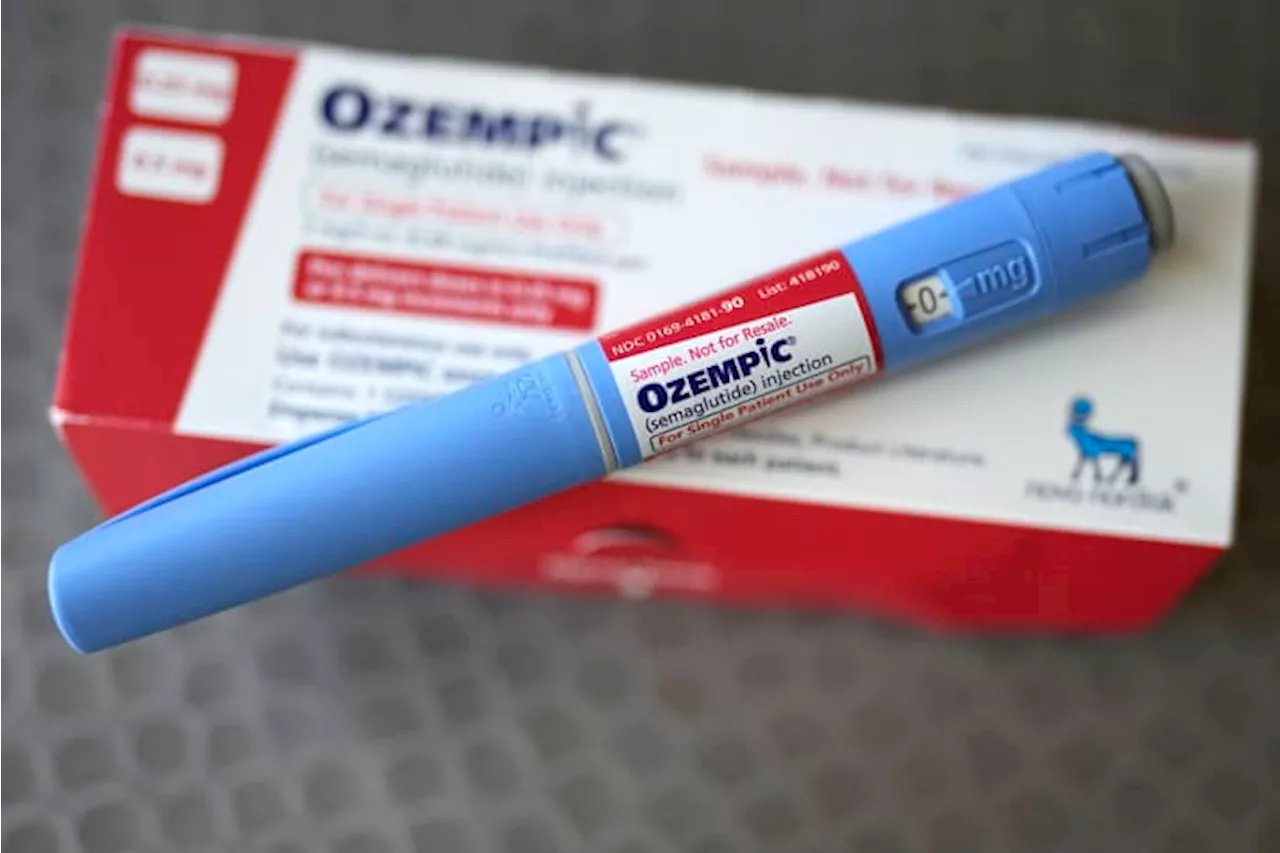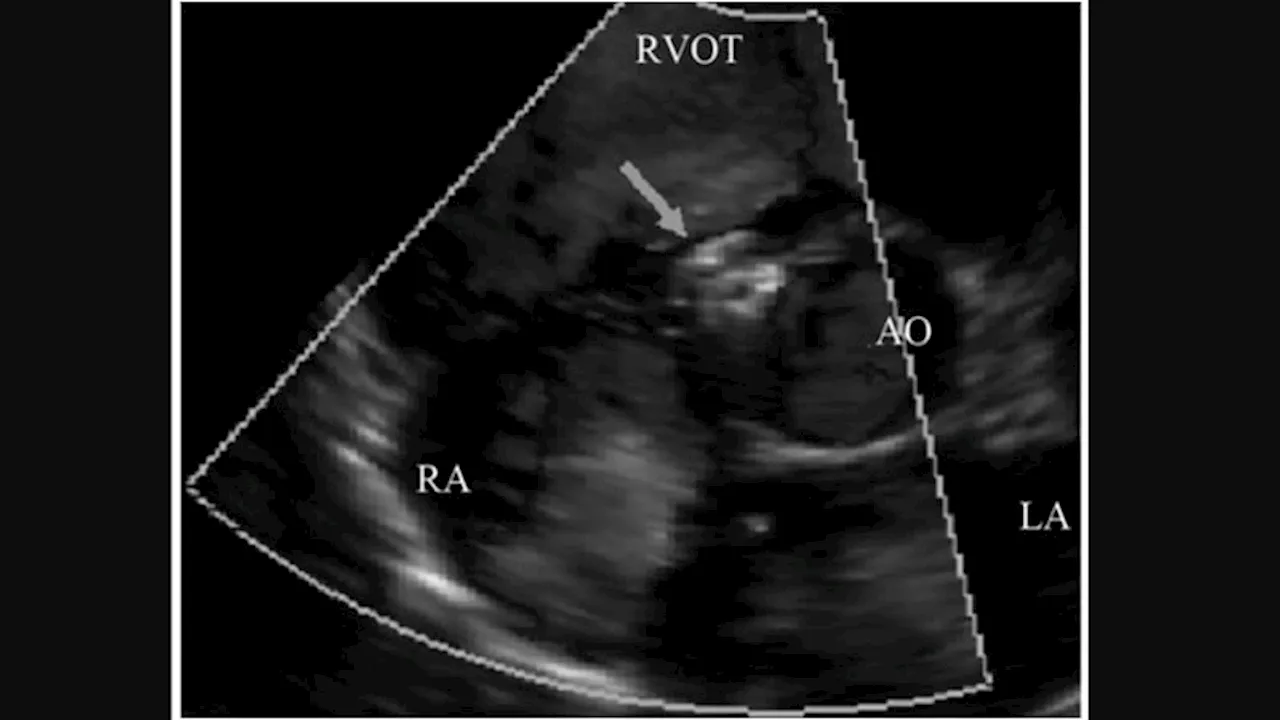Drs Akshay Jain and Girish Joshi discuss clinical considerations to keep in mind when someone on GLP-1 therapy is undergoing elective procedures.
Clinical Instructor, Department of Endocrinology, University of British Columbia; Endocrinologist, TLC Diabetes and Endocrinology, Vancouver, British Columbia, Canada
Disclosure: Girish P. Joshi, MBBS, MD, FFARCSI, has disclosed the following relevant financial relationships: Serve on board of directors for: Acreditas Global Welcome back to ADA 2024 updates. I'm endocrinologist Dr Akshay Jain from Vancouver in Canada, and today we've got a very special guest. We've got Professor Dr Girish Joshi. Dr Joshi is a professor of anesthesiology and pain medicine at UT Southwestern in Dallas, Texas.
Surgery went fine. At the end of the procedure, she regurgitated gastric content and aspirated, and then had to be taken to the intensive care unit and she spent 7 days in the ICU. Retrospectively, it was recognized that she was on GLP-1 therapy for weight loss, which was not disclosed. This was just before the ASA came up with the guidance, basically, so people didn't know that GLP-1 receptor agonists do increase the risk for aspiration.
I don't know whether you remember I had an algorithm I developed and presented at the American Diabetes Association meeting, where I presented the potential risk factors. If the patients are at risk for regurgitation and aspiration, that's the patient population we've got to be extra careful with. Maybe start off withholding the drug if the patients are on, say, a weekly therapy, then 1 week before, though the evidence is minimal.
We live in a day and age where, of course, one drug can have many indications. Same goes for GLP-1 therapy or GLP-1/ glucose-dependent insulinotropic polypeptide therapy, a very similar class. We know these agents are being used for both the management ofor overweight. Would the recommendations be any different for someone who's taking these medications for obesity and not for diabetes? No. In fact, it doesn't really matter what the indication for the drug is.
Diabetes Mellitus Type Ii Type 2 Diabetes Type 2 DM T2DM T2D Aspiration Obesity Obese Surgery Arthroscopy Arthroscopic Surgery Outpatient Surgery Ambulatory Surgery Same-Day Surgery Pain Management Acute Pain Perioperative GLP-1 Receptor Agonists Glucagon-Like Peptide-1 Receptor Agonists Fellowship Fellows Residency Residents Receptors Patient Safety
United States Latest News, United States Headlines
Similar News:You can also read news stories similar to this one that we have collected from other news sources.
 Ozempic and other GLP-1 drugs could reduce arthritis symptoms in some, experts claimSome people with rheumatoid arthritis who use GLP-1 drugs — such as Wegovy and Ozempic — have reported an improvement in the severity and frequency of their arthritic symptoms. Two doctors weigh in.
Ozempic and other GLP-1 drugs could reduce arthritis symptoms in some, experts claimSome people with rheumatoid arthritis who use GLP-1 drugs — such as Wegovy and Ozempic — have reported an improvement in the severity and frequency of their arthritic symptoms. Two doctors weigh in.
Read more »
 Drugs like Ozempic may reduce risk of obesity-associated cancers, new research showsNew research reveals that GLP-1 drugs like Ozempic may reduce the risk of cancer.
Drugs like Ozempic may reduce risk of obesity-associated cancers, new research showsNew research reveals that GLP-1 drugs like Ozempic may reduce the risk of cancer.
Read more »
 Anticipating Tricuspid Valve RegurgitationA four-grade severity assessment for residual regurgitation after transcatheter tricuspid valve repairs is more sensitive for predicting survival, report investigators.
Anticipating Tricuspid Valve RegurgitationA four-grade severity assessment for residual regurgitation after transcatheter tricuspid valve repairs is more sensitive for predicting survival, report investigators.
Read more »
 News4JAX meteorologist reveals recent diagnosis of heart conditionKatie was diagnosed with Mitral valve prolapse with regurgitation, also known as mitral valve regurgitation, and will have to undergo surgery.
News4JAX meteorologist reveals recent diagnosis of heart conditionKatie was diagnosed with Mitral valve prolapse with regurgitation, also known as mitral valve regurgitation, and will have to undergo surgery.
Read more »
 Anesthesia Risk Linked To GLP-1 Drugs, EU Warns—Here’s What To Know About AspirationArianna Johnson is a reporter on the Forbes news desk who covers explainers and trends, with a frequent focus on health and science. She joined Forbes in 2022 and works in Texas. Johnson has covered prominent weight loss drugs like Ozempic and Wegovy, the health effects of the artificial sweetener aspartame and the impacts of the Covid vaccines.
Anesthesia Risk Linked To GLP-1 Drugs, EU Warns—Here’s What To Know About AspirationArianna Johnson is a reporter on the Forbes news desk who covers explainers and trends, with a frequent focus on health and science. She joined Forbes in 2022 and works in Texas. Johnson has covered prominent weight loss drugs like Ozempic and Wegovy, the health effects of the artificial sweetener aspartame and the impacts of the Covid vaccines.
Read more »
 Be Aware of Aspiration Risk With Anesthesia on GLP-1 RAsDoctors administering general anesthesia or deep sedation should be alert to the potential risk for aspiration pneumonia due to delayed gastric emptying.
Be Aware of Aspiration Risk With Anesthesia on GLP-1 RAsDoctors administering general anesthesia or deep sedation should be alert to the potential risk for aspiration pneumonia due to delayed gastric emptying.
Read more »
